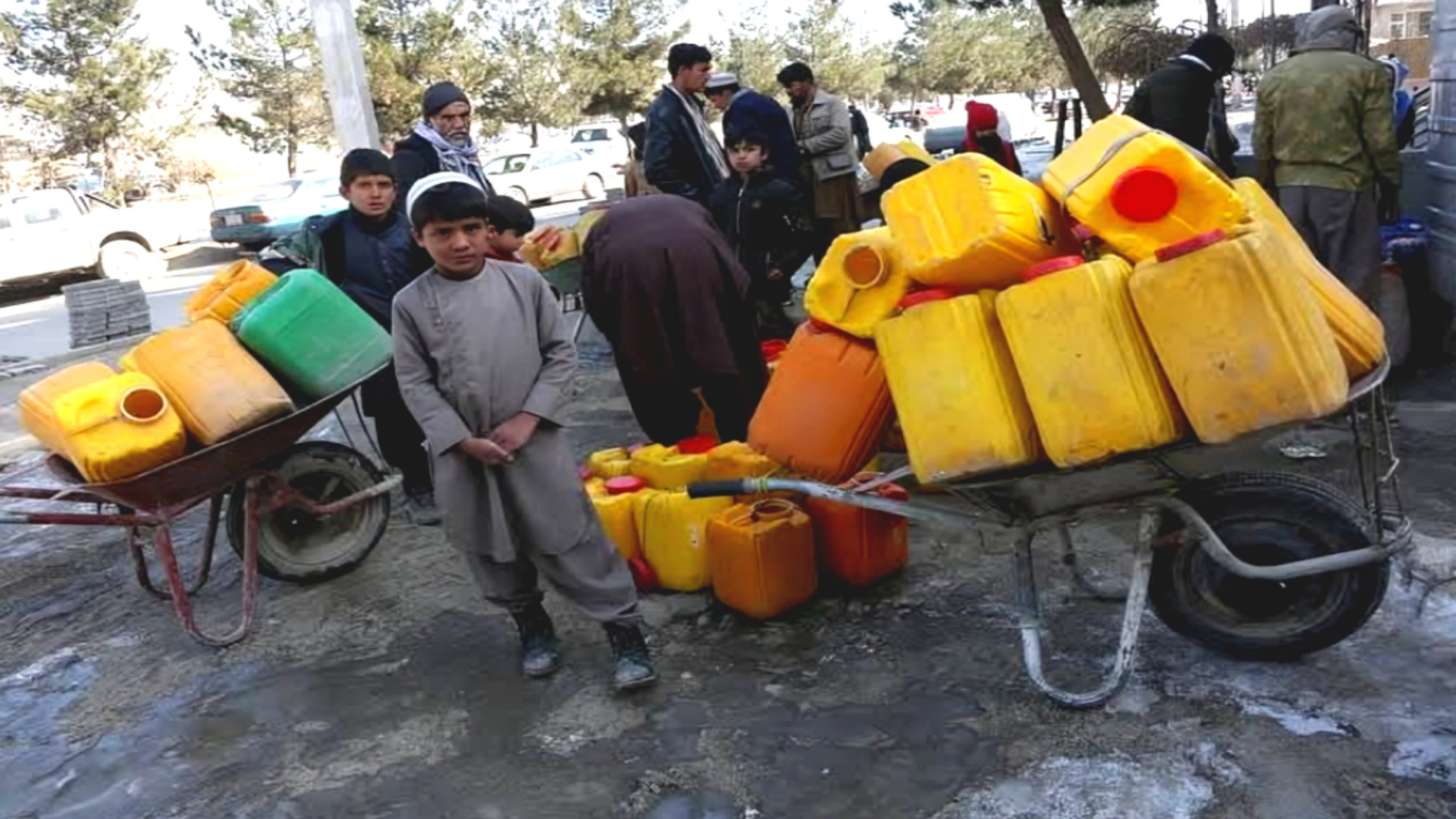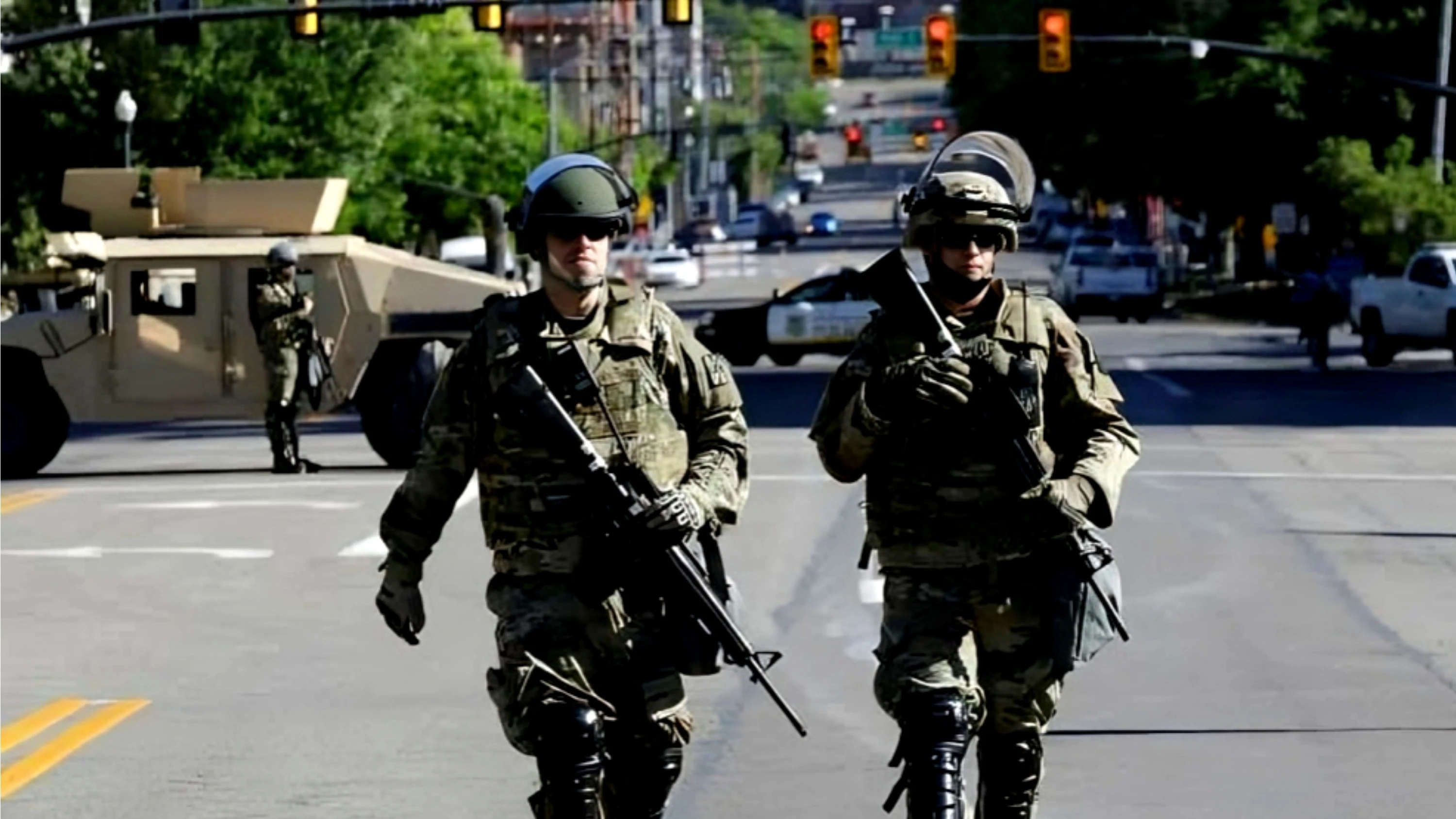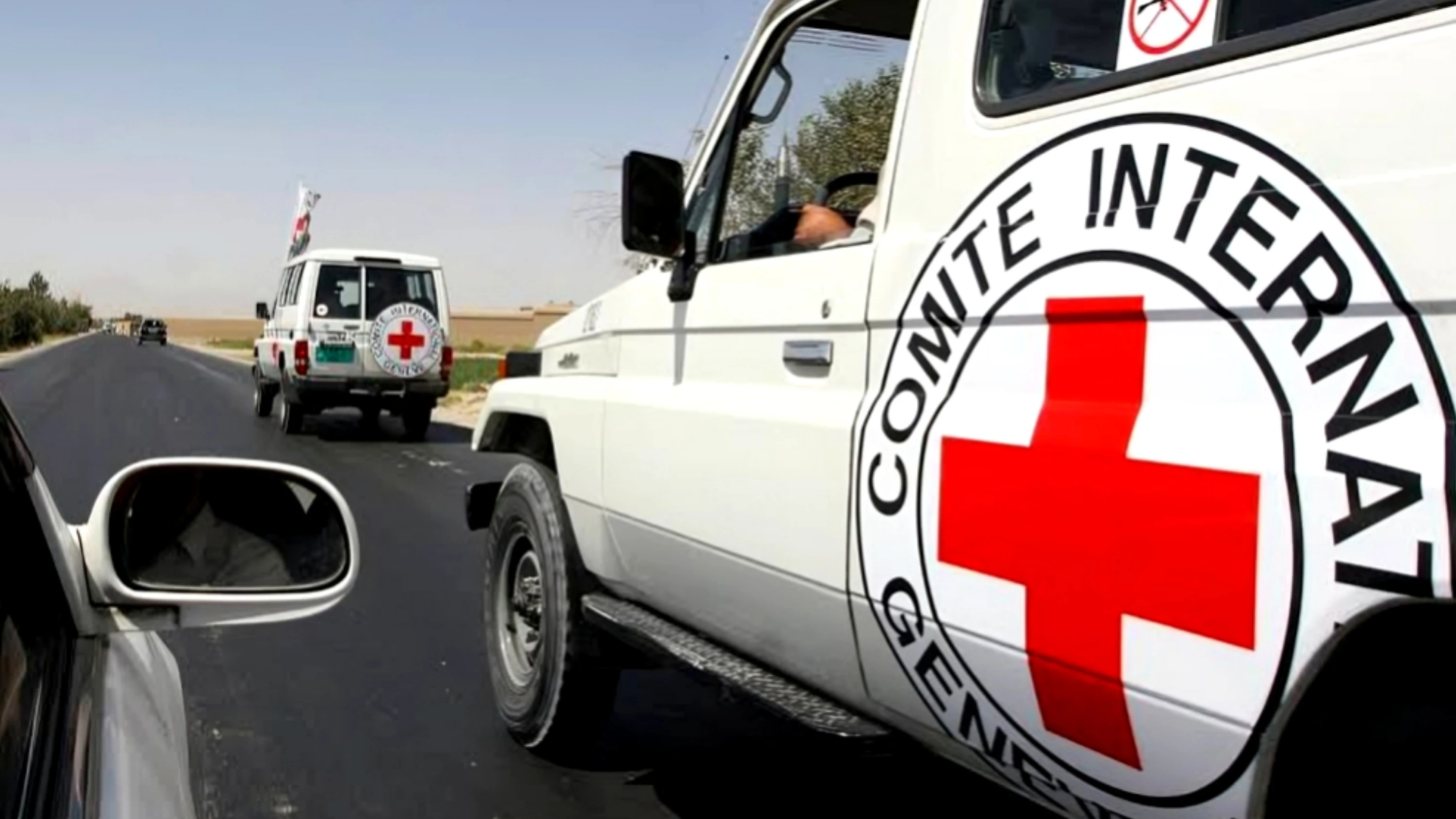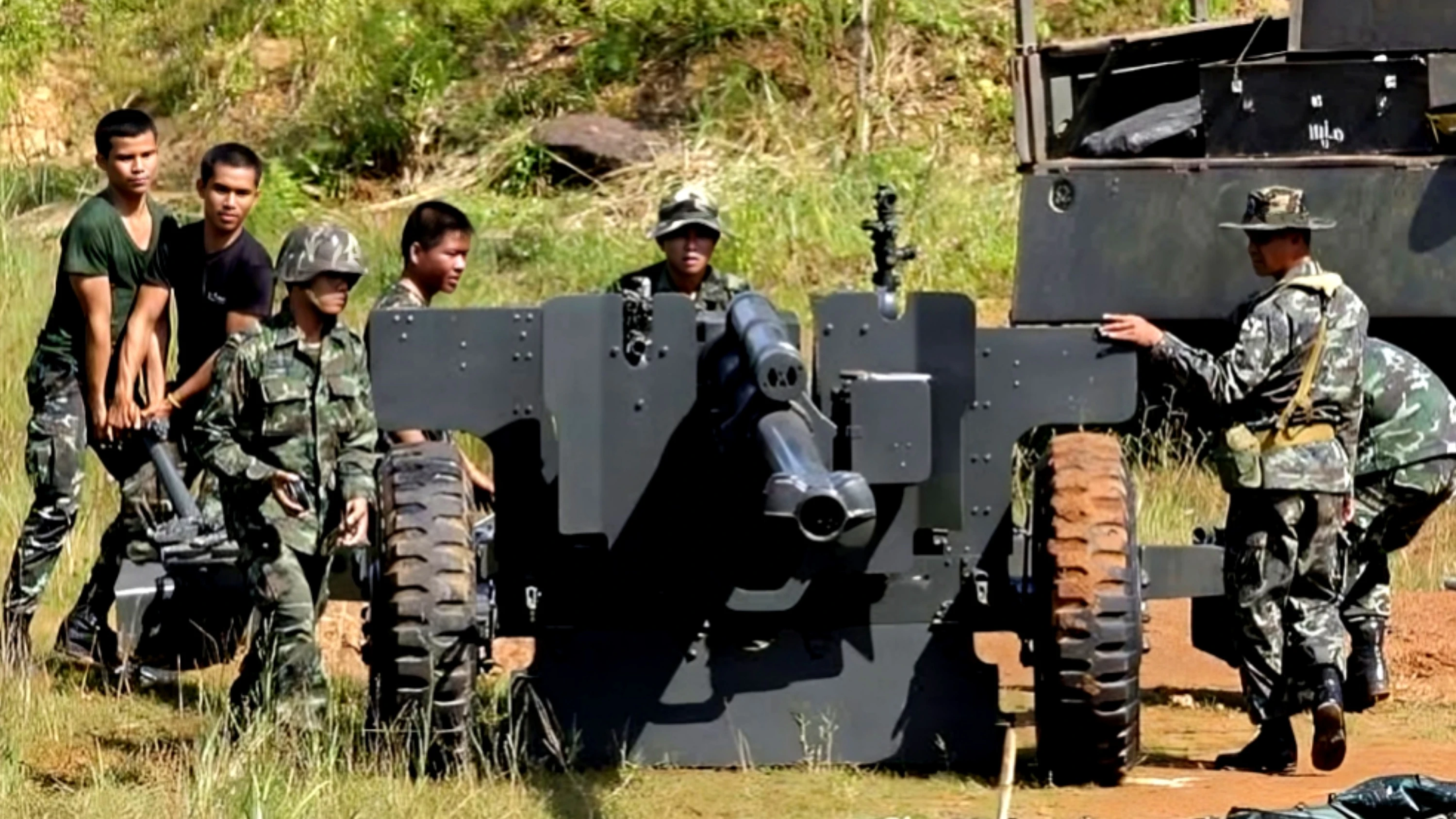Kabul: Kabul is at risk of becoming the first major modern city to run completely out of water, according to a warning highlighted by The Guardian, based on findings from humanitarian group Mercy Corps.
The report paints a dire picture of the Afghan capital’s water situation, linking a dramatic 30-meter drop in groundwater levels over the past ten years to the effects of rapid urban growth and climate change. Over half of the city’s wells—vital sources of water—have already dried up.
Dayne Curry, the Afghanistan country director for Mercy Corps, stressed the urgency of international intervention. “There must be a stronger effort to thoroughly document this crisis and to engage the global community in finding solutions,” he said.
Mercy Corps' data further reveals that 80% of Kabul’s groundwater is now undrinkable. If current trends continue unchecked, the city could face a total depletion of its underground water reserves by 2030.
Curry emphasized that temporary humanitarian aid is insufficient to address the scale of the problem. “Lack of water will force people to abandon their homes. Ignoring Afghanistan’s water crisis will only fuel more displacement and hardship,” he noted, adding that political obstacles have long delayed meaningful progress.
Kabul, home to approximately seven million residents, currently consumes about 44 million cubic meters of water annually. While Afghanistan’s Ministry of Water and Energy has proposed a plan to divert water from the Panjshir River to help replenish Kabul’s supply, the project is estimated to cost between $300 million and $400 million, according to earlier reports by The Japan Times.
Despite some allocation of funds, the implementation of this large-scale water transfer remains uncertain.








